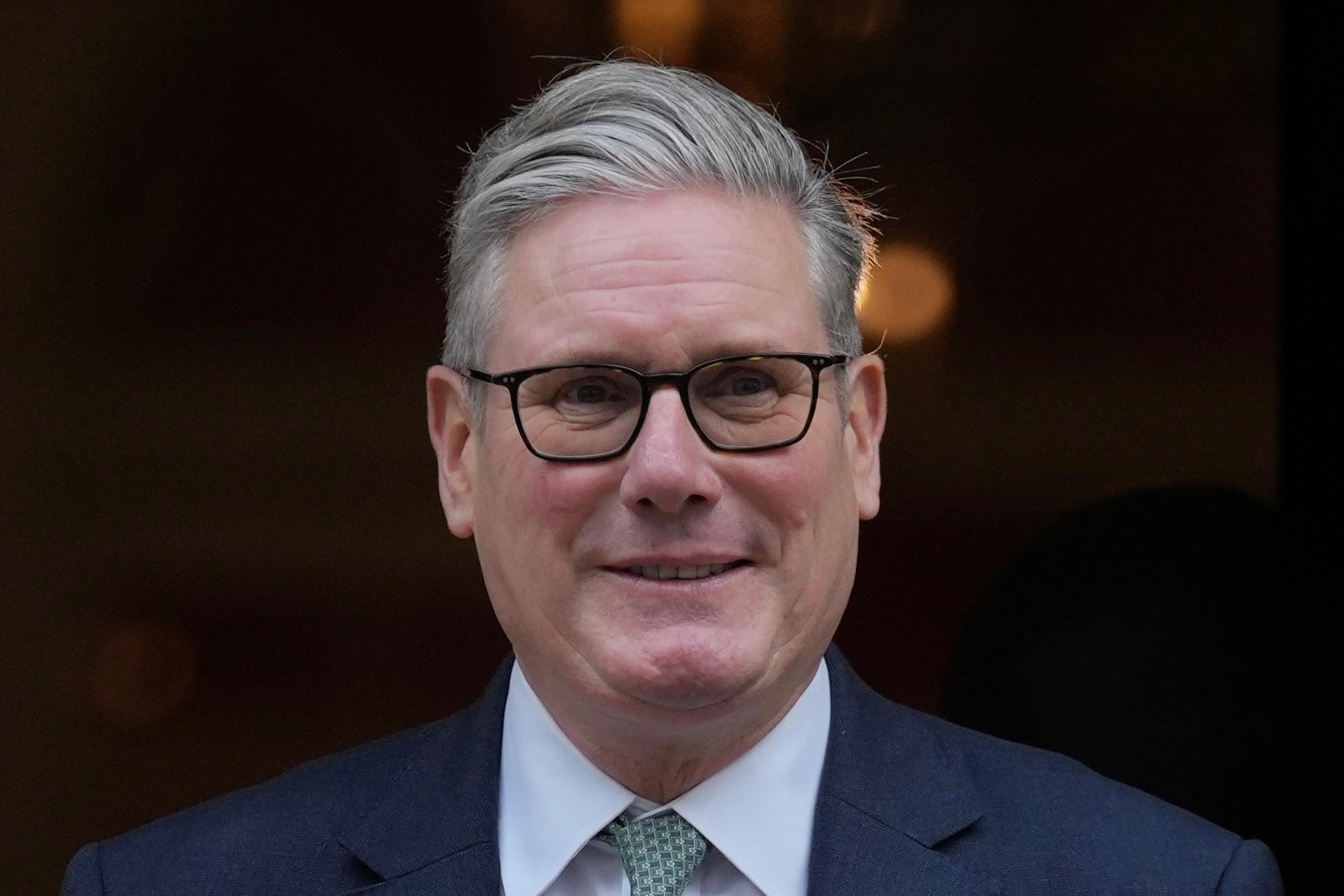The cornerstone of the reset of relations between the United Kingdom and the European Union after Brexit, launched by London and Brussels on May 19, is crumbling. The reason: 6.750 billion euros. That is the amount that the EU demands from the United Kingdom so that companies from that country can secure contracts funded by SAFE, the main mechanism of European Defense against Russian aggression and U.S. indifference. Therefore, Brussels and, above all, London have a lot at stake.
However, London considers that figure unacceptably high. As reported by the news agency Bloomberg on Tuesday, the United Kingdom's participation in European Defense is in doubt, which is the basis of the pro-European Labour government's strategy led by Keir Starmer to approach the Twenty-Seven.
London and Brussels have until the 30th of this month to break the deadlock in negotiations. Otherwise, the very idea of a European Defense would be seriously damaged, as the British defense industry is the most important on the continent. One out of every 60 UK citizens works in that sector, which generated a total of 435,000 direct and indirect jobs in 2024, according to a report from the British Parliament published in January.
For example, the largest manufacturer of military equipment on the continent is the British BAE Systems, with a turnover almost as large as the next three companies combined: the Italian Leonardo, the French Thales, and Airbus SE, in which Germany, France, the Netherlands, and Spain participate. Without the United Kingdom, the EU's military industrial capacity would be significantly diminished. But Starmer also faces problems if he fails to redirect the negotiations because, outside of SAFE, the UK would lose a natural market for its Defense sector.
EU members are divided on whether to offer discounts to the United Kingdom to facilitate its entry into SAFE. This also involves the interests of some countries in the EU - especially its three major military powers: Germany, France, and Italy - in excluding a tough competitor.
The controversy threatens to blow up Starmer's entire strategy of a "silent approach" to the EU. To avoid reigniting the anti-EU hysteria of the politician leading the polls, ultranationalist Nigel Farage of the Reform UK party, the British Prime Minister is trying to discreetly align his country with European communities.
Defense plays a critical role here. On the one hand, it is an area where the United Kingdom has a lot to say. On the other hand, one of the few issues that do not trigger fratricidal instincts in the Westminster Parliament is the idea that the country should play an active role in European Defense. Especially when it comes to facing Russia, a country that the British have seen as an enemy for over a century and a half, when London halted Russia's expansion towards the Mediterranean in Crimea - a war that, in a sense, continues today with the invasion of Ukraine - and towards India in Afghanistan.
But the problem lies not in principles, but in details. And, above all, in money. It is the eternal struggle in the EU, especially when the United Kingdom - with or without Brexit - is involved. In fact, even something supposedly minor in Starmer's strategy like the harmonization of phytosanitary standards, also agreed on May 19, is progressing at a snail's pace.
SAFE is the most ambitious military financing project in EU history and a new step towards the partial mutualization of European debt. The mechanism is similar to the funds for Covid recovery, as the 150 billion will be obtained in international markets by the EU. At the end of this month, European countries must submit investment projects to Brussels to receive these funds.
Funds from SAFE can only be spent very strictly on companies headquartered and operating in EU countries, the EFTA (European Free Trade Area), the EEA (European Economic Area), and Ukraine. Great Britain does not belong to any of them, but it does have a Defense agreement with the EU, which opens the door for it to participate as a minor partner in projects, as long as its companies do not receive more than 35% of the investment. The big question is that, to do so, it must reach an agreement with Brussels regarding its participation in SAFE. And that's where everything has exploded.
